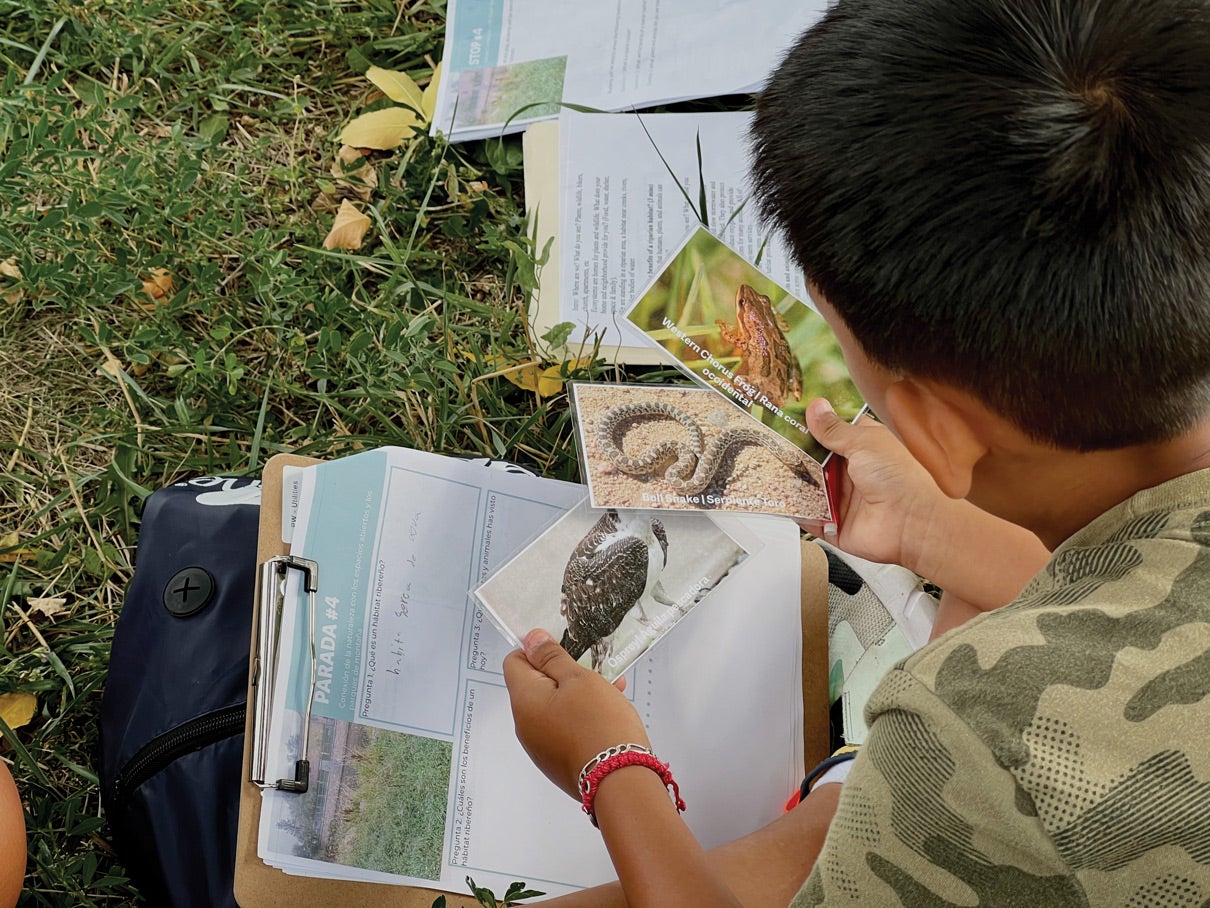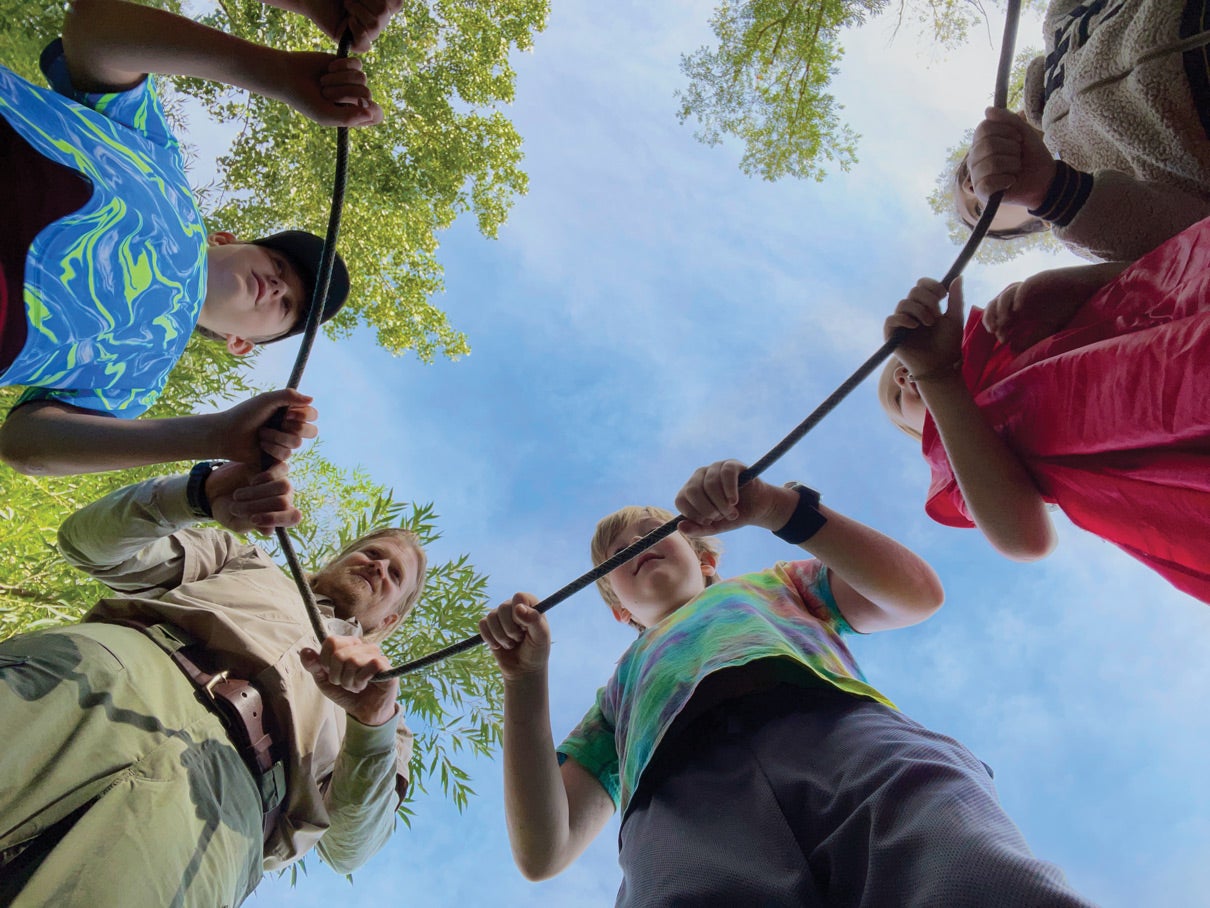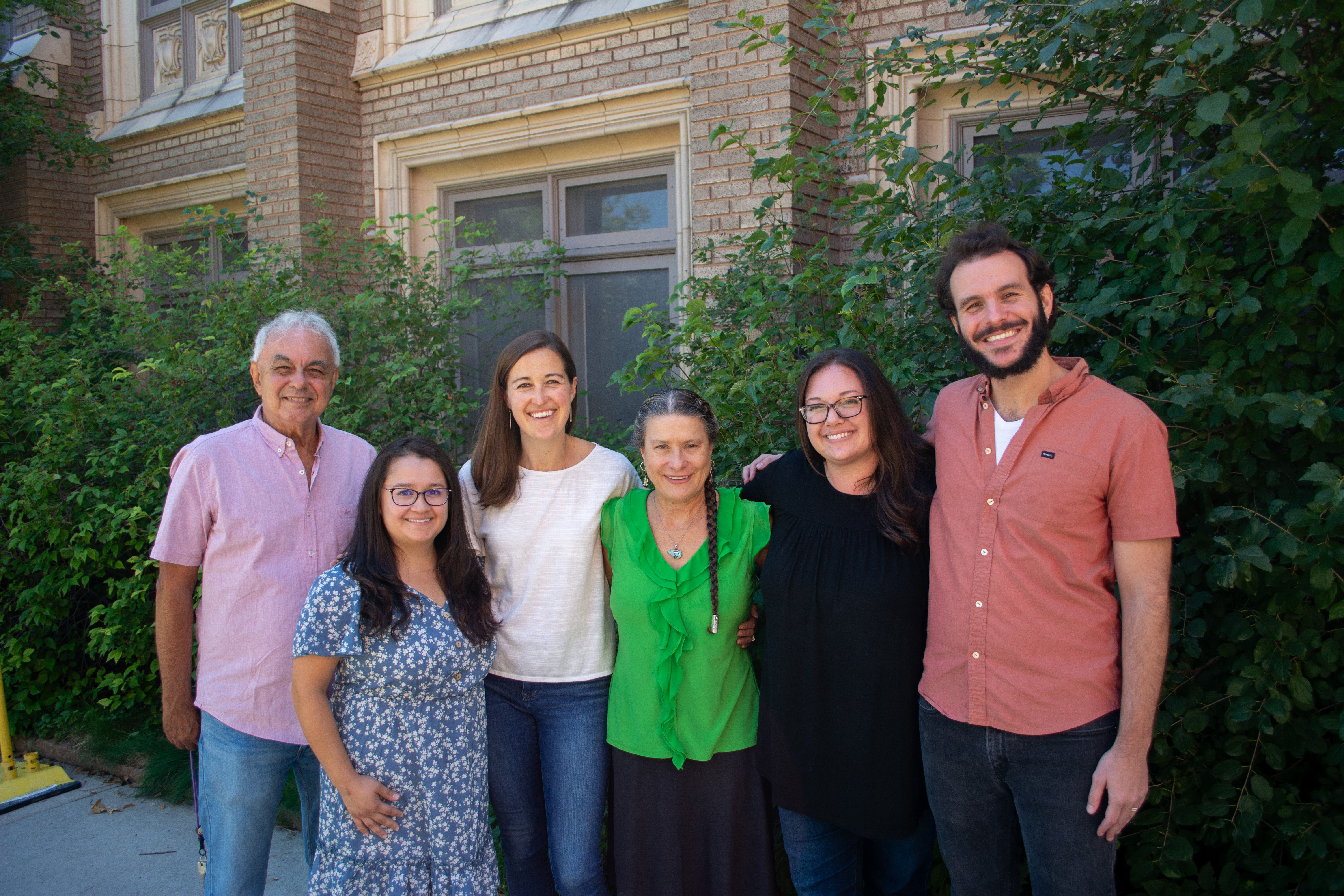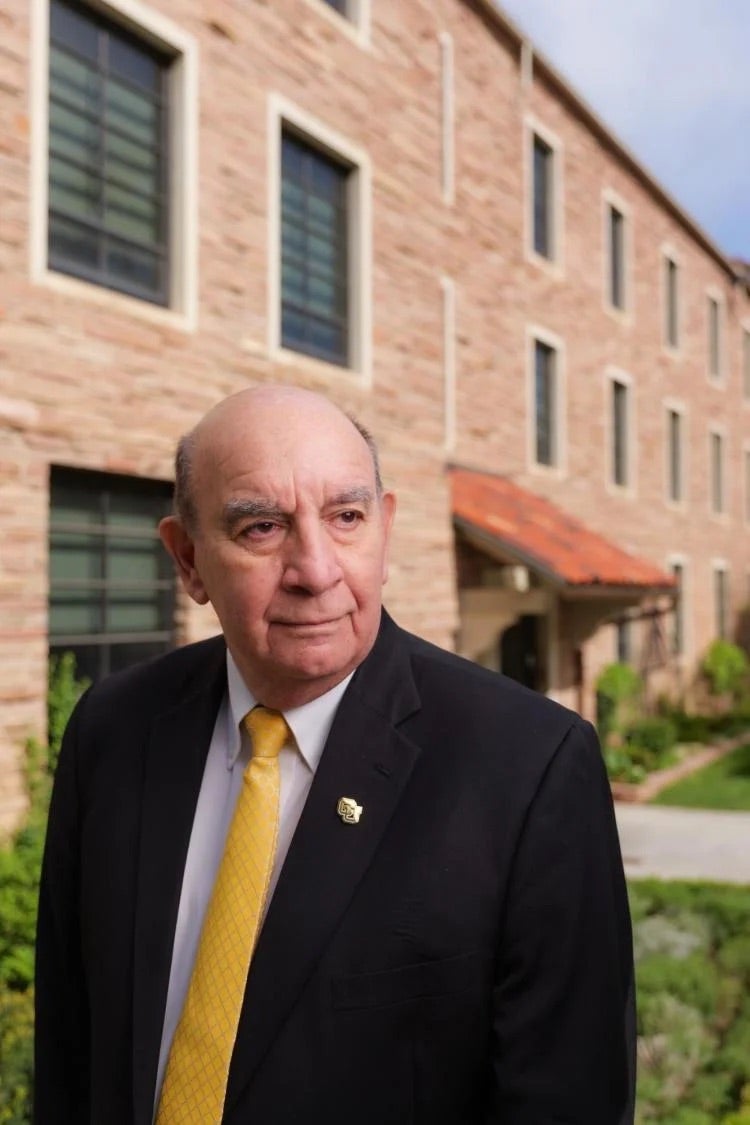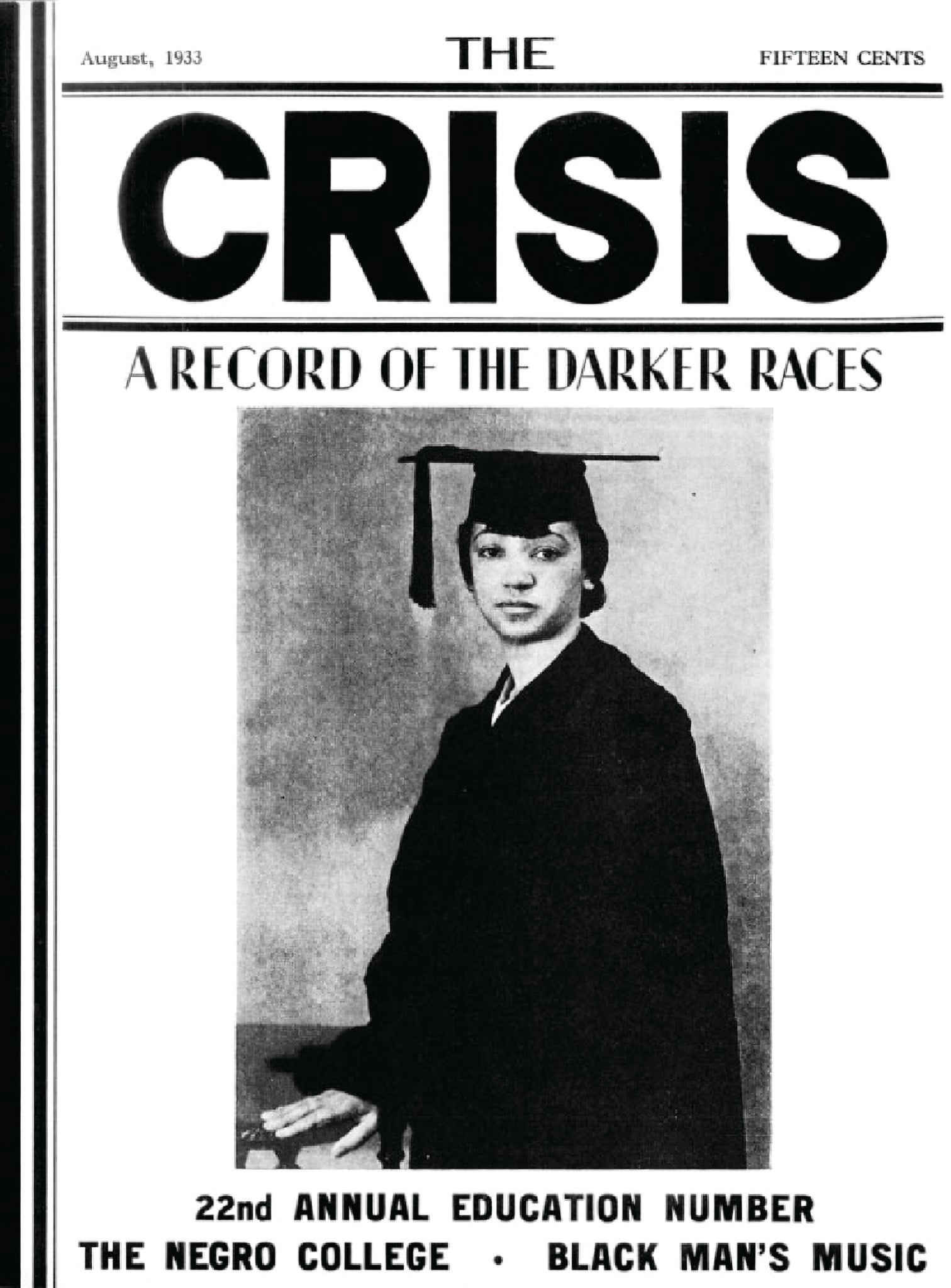Classrooms for Climate Action
As a fifth-grade teacher, Tiffany Boyd (MEdu’92) was inspired by the passionate commitment that children have for making things right in their friendships and communities. Like many young people, Boyd’s daughter was motivated to make change after hearing from Greta Thunberg and other young, international human rights activists who speak out about the effects of climate change, which, in turn, inspired Boyd to step up her efforts to make justice-oriented changes in concert with young people.
After 27 years of teaching in the Boulder Valley School District, Boyd retired and is continuing her work with youth civic engagement through a nonprofit organization, Classrooms for Climate Action (C4CA), that brings together retired teachers, practicing teachers, community members and local climate change experts to work together toward climate solutions.
C4CA volunteers have supported youth from kindergarten through high school to learn about local environmental-justice issues and to speak up and act for climate solutions in their community.
Following the Marshall Fire in 2021, students from Louisville Elementary School learned about the role that cheatgrass played along with wind to rapidly spread the fire. Students worked with the City of Louisville Open Space Department to pull cheatgrass and learn about other fire-mitigation methods that are important as we adapt to our warming climate and increased fire threats. Fifth-grade teachers at the school worked with C4CA volunteers and CU Boulder alumni Peyton Hill (Geog’22) and Jaye Zola (Hist’77, MEdu’92) to not only take action to begin restoring the land but also begin restoring each other after this devastating shared experience of wildfire.
In 2022-23, fourth-grade students from Columbine Elementary School in Boulder studied flood mitigation on a creek near their school and the important role that social justice plays in making sure people along the creek are protected the next time there is a flood.
They learned that the Boulder City Council was deciding to expand flood mitigation by doing “The Greatest Good, First.” Teacher-librarian Jeanette Scotti and fourth-grade teachers Hilary Barthel (MEdu’13), Erin Livingston (MEdu’19) and Sarah Quiatt (CU Denver alumna) worked with the city’s Utilities Department and Open Space and Mountain Parks Department to draw connections about how flooding in Boulder’s waterways impacts housing nearest to the creeks in low-lying areas.
Thanks to the opportunities to learn about the relationship between increased risks of flooding, climate change and the multiple strategies that cities can use to mitigate the risks of flooding, a group of fourth graders were well-equipped to present in a City Council meeting affecting change that will do the greatest good first for families who will bear the brunt of climate-related changes in our community.
C4CA volunteers also work closely with middle and high school students in the Boulder community who are pressing adult decision-makers to enact climate solutions now. Students’ efforts have begun to make a difference as Boulder Valley School District became one of the first districts in the country to adopt principles from the Green New Deal for Schools and put those principles into practice across the district.
I have been conducting research in partnership with C4CA to document how Boyd and the C4CA collaborative are building stronger collective capacity for action-oriented climate justice education throughout Boulder.
A central ingredient for C4CA’s success is that it takes everyone working together to make a change. This idea is no surprise to second graders at Heatherwood Elementary School who have been figuring out how to be changemakers over the past few years with their teachers, Jolie Evans (teacher licensure, ’00) and Nicole Martini (PsychPolSci’11), along with the C4CA team. Evans and Martini credit their mentoring from Boyd and C4CA for inspiring and sustaining their efforts to help children be civic actors working for environmental justice not only in the distant future as adults but in the immediate present as vital members of our community.
Photos by Kristen Boyer and courtesy of Boulder Valley School District
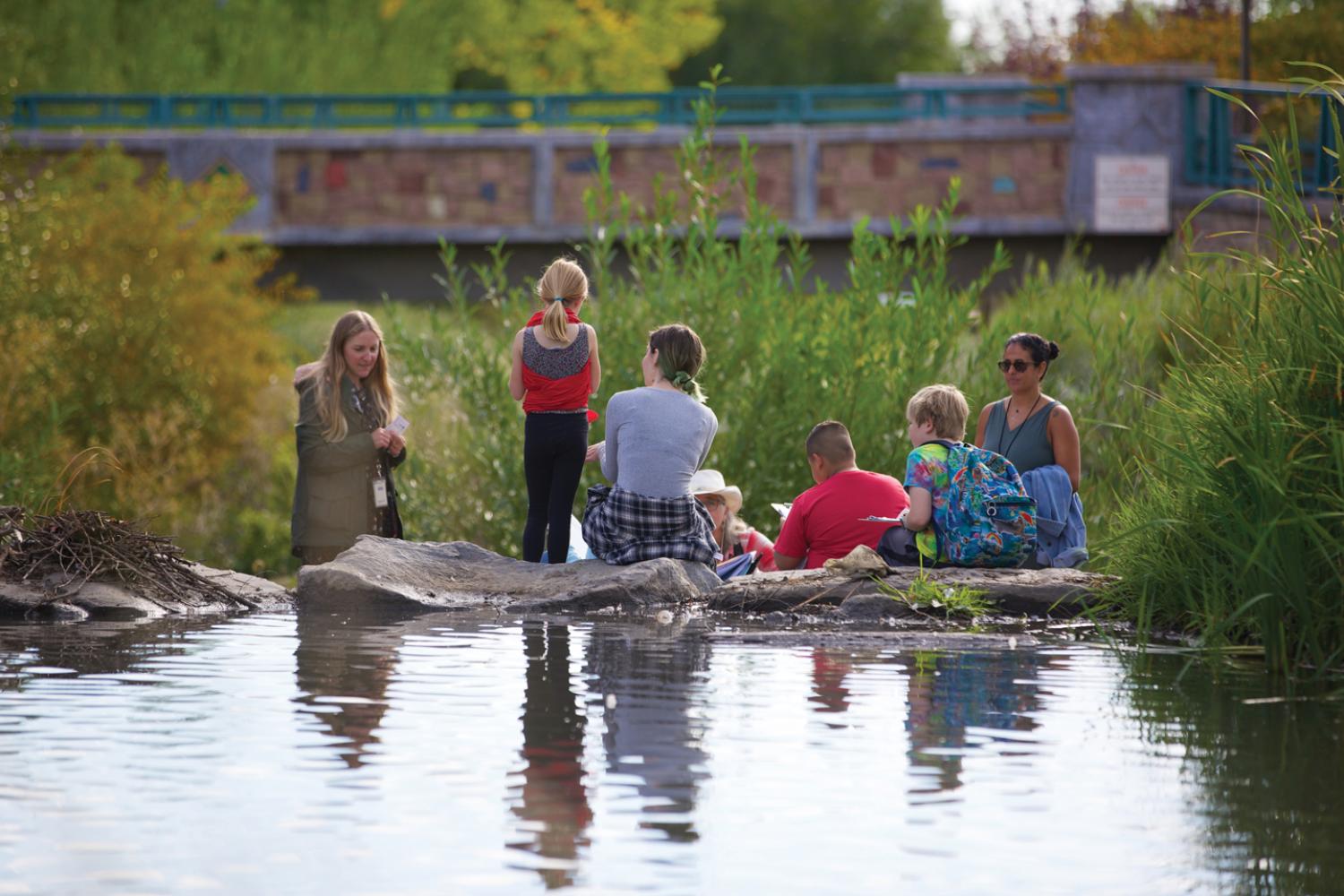
Discover more stories from Voices vol. 7:
HighlightED
Brief updates about what's new in the CU Boulder School of Education
Welcome Back, Chancellor Emeritus Phil DiStefano
Phil DiStefano reflects on returning to the School of Education after 15 years as Chancellor
From the Archive: The head of her class and ahead of her time
Nearly 100 years after her studies at CU Boulder, Prosser’s research remains significant and thought-provoking today.


